
Group A is sure to be where many eyes are focused at the World Cup, with hosts Brazil expected to rampage through to the knockout round. However, with Cameroon, Croatia and Mexico also in Group A, the Selecao cannot afford to take their eyes off the ball.
Indeed, the pressure on Brazil is simply huge with an expectant public demanding that they lift the World Cup on home soil and almost being unable to consider the possibility that the task might be beyond them. Indeed, that has been enough for fans to place bets on the World Cup ending up in Brazil’s hands and they start the tournament as favourites.
In Cameroon, Croatia and Mexico, the battle to qualify along with Brazil, assuming the hosts live up to expectations, is likely to be fierce, intense and hugely entertaining. All are capable of magic and all boast players capable of changing a game in an instant.
Group A promises a gripping, must-watch story from the off. We look at all its sides.
On 16th July 1950 a nation was left in a state of collective shock. Brazil were hosting the World Cup, they had sailed through the competition and were on the cusp of victory, at 1-0 up in the final group game against Uruguay, a match which they needed just a draw in to claim the trophy. Then disaster struck – and a nation was made to live with the trauma of what became known as the Maracanazo for decades. The goalkeeper, Moacir Barbosa, once lamented how he had served a 50 year jail sentence for his crime of letting the winning goal sneak past him at the near post.
64 years later, Brazil have the chance to lay to bed the ghost of 1950. Except for Brazil, it is not so much an opportunity as a necessity. The possibility of the hosts failing to win is something that no one has really considered, so traumatic would be its effect. Why else would the duo leading them into this summer’s tournament be Luiz Felipe Scolari and Carlos Alberto Parreira, the last two men to lead the country to World Cup glory.
What will help is the way they went about their business at the Confederations Cup last year. Having removed Mano Menezes and replaced him with 2002 World Cup winning coach Scolari, there were some initial struggles but they came alive last summer. Victories over Japan, Mexico and Italy were convincing, taking Brazil to the semi-finals, where they overcame a determined Uruguay, before steamrollering Spain in the final 3-0.
Brazil come into this tournament as heavy favourites and they will have incredible support from their home fans. At last year’s Confederations Cup, once the national anthem had stopped playing, the fans continued to sing, with the players joining in, creating an incredible cacophony of noise which would intimidate any opposition. But with incredible support and expectation comes pressure, and that is something Brazil have not always coped with. Many of this side stumbled at the final hurdle when attempting to win their first ever Olympic gold medal in London two years ago. Many in Europe will think of that tournament as an irrelevance, but for Brazil it is a huge deal. At last year’s Confederations Cup Brazil were never behind. The big question this summer is what will happen if they do fall behind?
Key players
Captain Thiago Silva is arguably the best centre-back in world football. The calm authority Silva exudes gives Brazil a solid base on which to build. He has an excellent partnership with David Luiz or Dante, and leads by example.
 Luiz Gustavo is one of the lesser heralded of Scolari’s team. But his screening of the back four and ability to break up opposition attacks is a key part of Scolari’s system, which places the emphasis on the front four and full-backs to provide their attacking thrust. For that reason Paulinho is also a vital part of this Brazil team. English audiences have not seen the best of the Tottenham man, who is an adept and hard working all-rounder who does a solid defensive job whilst getting forward and often scoring crucial goals, such as the winner in last year’s Confederations Cup semi-final with Uruguay.
Luiz Gustavo is one of the lesser heralded of Scolari’s team. But his screening of the back four and ability to break up opposition attacks is a key part of Scolari’s system, which places the emphasis on the front four and full-backs to provide their attacking thrust. For that reason Paulinho is also a vital part of this Brazil team. English audiences have not seen the best of the Tottenham man, who is an adept and hard working all-rounder who does a solid defensive job whilst getting forward and often scoring crucial goals, such as the winner in last year’s Confederations Cup semi-final with Uruguay.
Up front Fred is another who may lack the international fame of some of his colleagues, but plays a crucial role. Like Paulinho he tends to score vital goals, but he is also key to getting the best out of the team’s superstar, Neymar. Fred’s hold-up play creates space and his layoffs and flicks are precisely the kind of thing that Neymar thrives upon, giving him the opportunity to latch onto the ball at speed running forward and to terrorise opponents.
Coach profile
 Luiz Felipe Scolari has been absolutely clear about one thing – for him all that matters this summer is winning. A master at tournament situations, this is a coach who has not only led Brazil to World Cup glory, but who has taken Portugal to the final of the European Championship and the semi-final of a World Cup. Since those achievements Scolari has had high profile failures too, enduring a miserable short reign at Chelsea, but arguably his biggest failing was in his last job with Palmeiras. Whilst he won them the Copa do Brasil, he also led the Sao Paulo giants to relegation.
Luiz Felipe Scolari has been absolutely clear about one thing – for him all that matters this summer is winning. A master at tournament situations, this is a coach who has not only led Brazil to World Cup glory, but who has taken Portugal to the final of the European Championship and the semi-final of a World Cup. Since those achievements Scolari has had high profile failures too, enduring a miserable short reign at Chelsea, but arguably his biggest failing was in his last job with Palmeiras. Whilst he won them the Copa do Brasil, he also led the Sao Paulo giants to relegation.
Still, he has shown that he still has what it takes to cope with the mantle of being Brazil boss. He has formed a loyal group and settled on a style and a system that seems to suit the team, with a fluid front four of Fred, Neymar, Hulk and Oscar, two combative central midfielders whose job is to break up play, galavanting full-backs and a solid central pairing at the back in David Luiz and Thiago Silva. Scolari is happy to change systems if necessary and has been known to play with variations such as two up front and three at the back. Another option is the 4-3-3, with Ramires adding extra bite in midfield. Not a fan of Spain style ‘death by possession’, Scolari will do whatever it takes to win this summer.
Expectations and prediction
There is no need to discuss expectations when it comes to Brazil. This is their home World Cup, they come into it as heavy favourites abroad and even more so domestically. It is hard to see them failing to come out of their group as winners, but the second round will give them a stern test.
However whether it is Spain, the Netherlands or Chile, it is hard not to fancy the hosts to win, and progress to a quarter-final, possibly against Colombia, England or Italy. In fact, there is no one who would be fancied to beat the Brazilians, except perhaps for one team. Argentina have been underachievers at the World Cup ever since a certain Diego Maradona led them to victory in 1986. Is the time for Lionel Messi to come to life on the biggest stage of all? And if he does, there may not be a whole lot even Brazil can do about it. It won’t help that Argentina have a less arduous schedule in terms of distance to travel and weather than the hosts. It may be glorious failure, and a defeat at the last hurdle to their neighbours once again for Brazil this summer.
Group fixtures
Brazil v Croatia (12th June, Itaquera, Sao Paulo)
Brazil v Mexico (17th June, Estadio Castelao, Fortaleza)
Brazil v Cameroon (23rd June, Estadio Nacional, Brasilia)
Cameroon are appearing at their seventh World Cup this summer, cementing their status as the African team with the biggest World Cup pedigree, but there is much to do for the Indomitable Lions if they are to get anywhere near to matching their exploits 24 years ago in Italy. This is a team who have underperformed regularly in recent years at big tournaments; when they have qualified that is. They didn’t make the last African Nations Cup, instead exiting in meek fashion to the minnows of Cape Verde during qualifying.
During the qualification campaign for this World Cup, Volker Finke’s team were reliant on the ineptitude of others to remain in contention, as Togo’s fielding of an ineligible player handed Cameroon the initiative during the group phase. Having won their group, Cameroon advanced to face Tunisia, who they beat 4-1 in impressive fashion. However, that single outstanding performance masks a brittle backbone in this particular team. There is undoubted talent in the form of the likes of Samuel Eto’o and Alex Song, but then again these are two players who have fallen out in the past, summing up the internal problems and politics that often blight Cameroon’s football. The country was banned by FIFA last year for government interference in football affairs and it is easy to wonder whether they might be able to fulfil their significant potential were it not for that meddling.
Key players
Samuel Eto’o is the star man in the Cameroon team and even at 33 remains a threat. A deadly finisher, he has been in and out of the international fold amid disputes with past national team coaches. Cameroon’s chances will rest heavily on his shoulders therefore as not only are his goals key, but whether or not he decides he is happy in the camp or not can be critical to team harmony.
 Alex Song is a hugely talented midfielder, but he is also indisciplined. At his best he surges forward from midfield, driving the team onto the front foot, and possesses a surprising range of subtle skills and clever footwork too. But his lack of positional and tactical sense can leave the team vulnerable at the back and without adequate defensive cover.
Alex Song is a hugely talented midfielder, but he is also indisciplined. At his best he surges forward from midfield, driving the team onto the front foot, and possesses a surprising range of subtle skills and clever footwork too. But his lack of positional and tactical sense can leave the team vulnerable at the back and without adequate defensive cover.
Further back Cameroon boast a talented young defender in Nicolas N’Koulou of Marseille. The centre-back is fast and resilient, but does have an error or two in him. Alongside N’Koulou will be Aurelien Chedjou, a reliable and unspectacular presence at the back. The other player to watch out for is the Schalke star Joel Matip.
Coach profile
 Volker Finke was only appointed as Cameroon coach last year and has an impressive record back home in Germany where he helped Freiburg to reach and then stay in the Bundesliga. His failure to succeed in Japan with Urawa suggests he may not be the coach for the international stage, but he has done well to get enough togetherness out of this Cameroon team to guide them to this World Cup.
Volker Finke was only appointed as Cameroon coach last year and has an impressive record back home in Germany where he helped Freiburg to reach and then stay in the Bundesliga. His failure to succeed in Japan with Urawa suggests he may not be the coach for the international stage, but he has done well to get enough togetherness out of this Cameroon team to guide them to this World Cup.
Finke’s Cameroon are likely to line up in a 4-2-3-1 system and will look to play a pragmatic game in order to get the most out of their abilities. The German is known for technical, attacking football, but his current side do not boast the personnel for that style of play. He believes that the games against Croatia and Mexico are vitally important, so that they “do not have to worry about the result against Brazil.” Finke will be confident that his team can show in Brazil that they can pull out their best on the biggest stage of all.
Expectations and prediction
Cameroonian expectations are not particularly high, given the almost perpetual state of chaos that their team seems to be stuck in. A convincing win over Tunisia to seal their place in Brazil masked a poor qualifying campaign during which they were bailed out by Togo fielding an ineligible player and being docked three points.
That said, there is some hope that Cameroon could just make it out of the group, as Mexico and Croatia are both countries considered ‘in reach’. However, the team have a history of ill-discipline, with Eto’o and Song at loggerheads in the past, and up against the organised and skilful Croatians, and the technical Mexicans, it is hard to see how Cameroon can get past either nation, let alone both, to reach the last 16.
Group fixtures
Mexico v Cameroon (13th June, Arena das Dunas, Natal)
Cameroon v Croatia (19th June, Arena Amazonia, Manaus)
Brazil v Cameroon (23rd June, Estadio Nacional, Brasilia)
Croatia may have made it to Brazil, but the journey was far from plain sailing. They started off with Igor Stimac at the helm and whilst they never really seemed at risk of missing out on these finals, their sluggish performances were punished with defeats by Scotland and Belgium late in the qualifying campaign that saw the coach pay with his job.
Niko Kovac came in and guided the team past Iceland in the playoffs, but this is a team who remain better on paper than on the pitch at present, even if the new manager has galvanised the side and brought back some discipline and structure to the squad. However, Croatia have still only won one in their last five games and will be desperate to find some cohesion. The Balkan nation warmed up with morale-boosting friendly wins over Mali and Australia though.
They will miss Mario Mandzukic for the start of this tournament after his needless red card during the playoff win over Iceland. Much will rest on the shoulders of Luka Modric. Another absentee will be veteran defender Josep Simunic, whose ill-judged incitement of the crowd to sing pro-fascist chants after the Iceland win landed him a 10-game ban from FIFA.
Key players
 Diego Costa will not be the only Brazilian playing for another nation in his home country this summer. In fact there will be at least twelve Brazilians on the field (possibly thirteen if Sammir plays for Croatia) in the opening game as Eduardo da Silva will come up against his homeland. The Shakhtar Donetsk forward is a lethal finisher if given too much time, and will be even more crucial given the absence from the first two games of Mandzukic due to suspension. Mandzukic will be vital when he returns for the final game against Mexico, a team whose defence can be exposed by his relentless running and finishing ability.
Diego Costa will not be the only Brazilian playing for another nation in his home country this summer. In fact there will be at least twelve Brazilians on the field (possibly thirteen if Sammir plays for Croatia) in the opening game as Eduardo da Silva will come up against his homeland. The Shakhtar Donetsk forward is a lethal finisher if given too much time, and will be even more crucial given the absence from the first two games of Mandzukic due to suspension. Mandzukic will be vital when he returns for the final game against Mexico, a team whose defence can be exposed by his relentless running and finishing ability.
Croatia’s best player is Modric, the Real Madrid midfielder who orchestrates play in the centre of the pitch. The playmaker’s ability to take on opponents and create opportunities for his team-mates will be critical if the Croats are to progress. But this is a squad boasting a host of talented midfielders. One of the up and coming stars of world football is Alen Halilovic, who will join Barcelona this summer from Dinamo Zagreb. The director of football at Dinamo has likened him to Messi, which may be a cliched comparison to make but the deeper point is that this is one of Eastern Europe’s most talented young players.
The other midfielders to watch out for are is Internazionale’s Mateo Kovacic, a talented forward-thinking player who has a good touch and vision. Then there is the Sevilla playmaker Ivan Rakitic, who like Modric, Halilovic and Kovacic, can break forward and create chances. And then there is veteran captain Dario Srna, whose importance to the team is as much about his leadership as his quality both defensively and going forward from either full-back position. Another interesting player is Fiorentina’s Ante Rebic, a mobile striker with a good finish, whilst in defence Southampton’s Dejan Lovren will hope to carry his good club form onto the international stage.
Coach profile – Niko Kovac
 Kovac replaced Igor Stimac after Croatia finished second in Group A of the European qualifiers last year. He guided them through the playoffs safely after making the step up from coaching the Under-21s. His record with the youngsters was hugely impressive, winning all four qualifying games for Euro 2015 without conceding a goal before taking over the senior side.
Kovac replaced Igor Stimac after Croatia finished second in Group A of the European qualifiers last year. He guided them through the playoffs safely after making the step up from coaching the Under-21s. His record with the youngsters was hugely impressive, winning all four qualifying games for Euro 2015 without conceding a goal before taking over the senior side.
A former national team captain, his brother Robert is his assistant as the 42-year-old looks to revive Croatian fortunes after a quiet few years. There is something of Diego Simeone in his organised, relentlessly hard-working style, and if he can marry that discipline with the creative talents of Modric, Kovacic and Rakitic, Croatia could be a real threat at this tournament. Kovac has admitted that climate could be an issue as “we are the only team in our group not used to such conditions”. He also insisted that age will not be a barrier when it comes to selecting the likes of Halilovic.
Expectations and prediction
Despite a rocky qualification campaign there are hopes in Croatia that this could be a memorable World Cup for them, 16 years after reaching the last four at France 1998. There is optimism with the likes of Modric, Halilovic and Mandzukic, combined with the team ethic cultivated by Kovac that Croatia can take advantage of a tricky but open group to progress to the second round and possibly beyond.
However, their hopes are likely to rest on that final game against Mexico in Recife. Croatia have the quality going forward and the defensive nous to stifle the Central Americans, but they are likely to be the more reactive side, allowing Mexico to monopolise the ball before counter-attacking. That will be a harder task though in the heat of Recife in the north east, particularly coming just days after facing Cameroon in the stifling conditions of Manaus. Those are conditions in which you do not want to be chasing the ball and that may put paid to Croatian hopes this summer.
Group fixtures
Brazil v Croatia (12th June, Itaquera, Sao Paulo)
Croatia v Cameroon (19th June, Arena Amazonia, Manaus)
Mexico v Croatia (23rd June, Arena Pernambuco, Recife)
Of all the teams in Brazil this summer, Mexico are perhaps the hardest to predict. Miguel Herrera’s side are on paper a strong team, full of exciting technical talents who have won almost every international tournament there is to win from youth level up, with the obvious exception of the World Cup itself. And coming from a country which knows little variation from stifling heat, they should be ideally suited to this summer’s competition.
However, in 2013 Mexico went through an astonishing four coaches, with Jose Manuel de la Torre replaced by Luis Fernando Tena, himself deposed by Victor Vucetich, before Herrera took over. The instability was caused by a bizarre and sluggish qualifying campaign, from which Mexico were lucky to qualify. Their home form was appalling as they struggled to break down the opposition and they were perhaps made more nervous by a restless home crowd.
Their struggles in qualifying should not disguise the potential and quality of this Mexico team. Herrera’s side have caused problems for Brazil in the recent past. Indeed when they faced the hosts in the Confederations Cup last summer they may have lost 2-0, but they dominated for long periods and were unfortunate not to take something from the game. Away from the pressures of their home crowd and in conditions that will suit them better than the opposition, Mexico could be one of the surprises th summer.
Key players
 Marco Fabian is one of the most talented of the up and coming generation of Mexicans. An excellent goalscorer and technically proficient midfielder, a pillar of the team who won the Olympic gold medal in London two years ago, he can shine on the world stage.
Marco Fabian is one of the most talented of the up and coming generation of Mexicans. An excellent goalscorer and technically proficient midfielder, a pillar of the team who won the Olympic gold medal in London two years ago, he can shine on the world stage.
Hector Herrera is another youngster who has been making waves and is plying his trade in Europe with FC Porto. The technical and hard-working midfielder is a tireless runner who can cover plenty of ground, whilst another youngster worth watching out for is the promising defender Diego Reyes, who is a team mate of Herrera’s at Porto.
Oribe Peralta, who scored the goals which beat Brazil in the Olympic final, is guaranteed a warm reception, and will be a key presence up front for the Mexicans. One of the best forwards in world football not plying his trade in Europe, his goalscoring prowess will be vital.
Giovani dos Santos always seems to shine on the international stage and his superb close control and dribbling ability make him one of the few players in the Mexican ranks who has the elusiveness on the ball to marry with technique that can open up tight defences.
Coach profile – Miguel Herrera
 Miguel Herrera is a typical Mexican coach in many ways, with his teams traditionally renowned for playing better football than the results they produce. He led America to the Mexican title last year in extraordinary fashion. Trailing 1-0 from the first leg of the title playoff with Cruz Azul, they went a man down and then a goal down, making it 2-0 on aggregate. Yet with 10 men they managed to score a minute from time before their goalkeeper Moises Munoz equalised. Munoz then returned to his goal to help America win the shootout.
Miguel Herrera is a typical Mexican coach in many ways, with his teams traditionally renowned for playing better football than the results they produce. He led America to the Mexican title last year in extraordinary fashion. Trailing 1-0 from the first leg of the title playoff with Cruz Azul, they went a man down and then a goal down, making it 2-0 on aggregate. Yet with 10 men they managed to score a minute from time before their goalkeeper Moises Munoz equalised. Munoz then returned to his goal to help America win the shootout.
Those dramatic moments were the highlight of Herrera’s career to date though, and he has never strayed outside of his homeland as either a player or a coach. It shows in his selections too, as he shows great faith in those he knows from his America team, whilst some of the foreign based stars, such as Carlos Vela, Giovani dos Santos and Javier Aquino, the latter a surprise exclusion from the World Cup squad, have been sidelined. Herrera is likely to line his team up in a 5-3-2 formation which sees the full-backs bombing forwards to create a numerical advantage further up the field in support of two strikers, Oribe Peralta and Javier Hernandez.
Expectations and prediction
Expectations of the Mexican team at home have plummeted due to a disastrous qualifying campaign, but still there is hope that they could, after 20 years of failure, make it to the last eight. On the face of it, that seems unlikely given that if they get through a tricky group they would likely face one of Spain, Chile and the Netherlands in the last 16.
However, if Mexico did advance, probably as the runners-up in Group A, the second round clash would take place in the sweltering heat of Fortaleza in the north at lunchtime. Spain and Italy both suffered under such conditions in the Confederations Cup last year, whilst it will be even more of a climate change for the Dutch side. Mexicans, used as they are to 25 celcius heat plus for most of the year, may just have a crucial advantage, and that combined with their technical quality may just give them enough to make a surprise run to the last eight. If they perform to their best and meet a favourable opponent, Mexico’s collective qualities and experience of success at youth tournaments could even propel them into the last four.
Group fixtures
Cameroon v Mexico (13th June, Estadio das Dunas, Natal)
Brazil v Mexico (17th June, Estadio Castelao, Fortaleza)
Mexico v Croatia (23rd June, Arena Pernambuco, Recife)

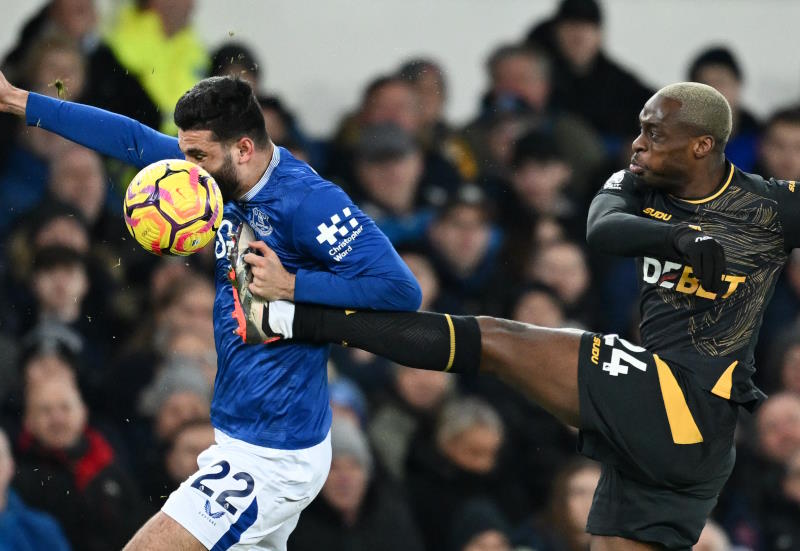
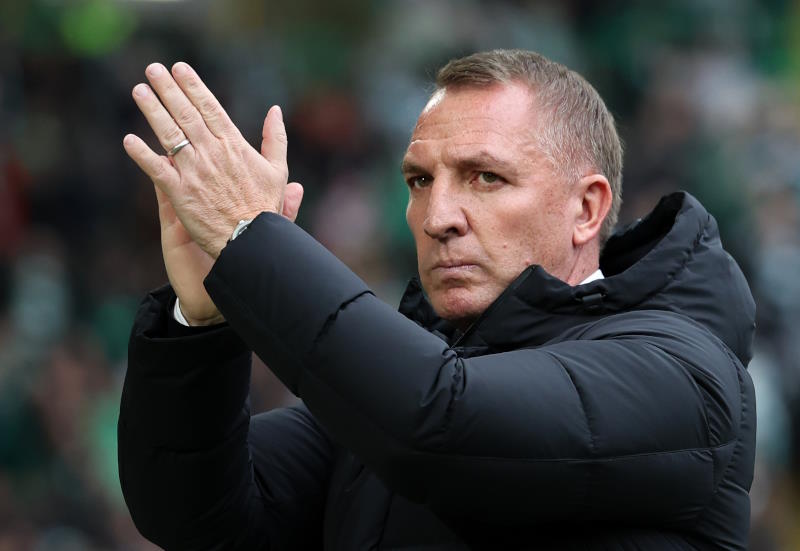
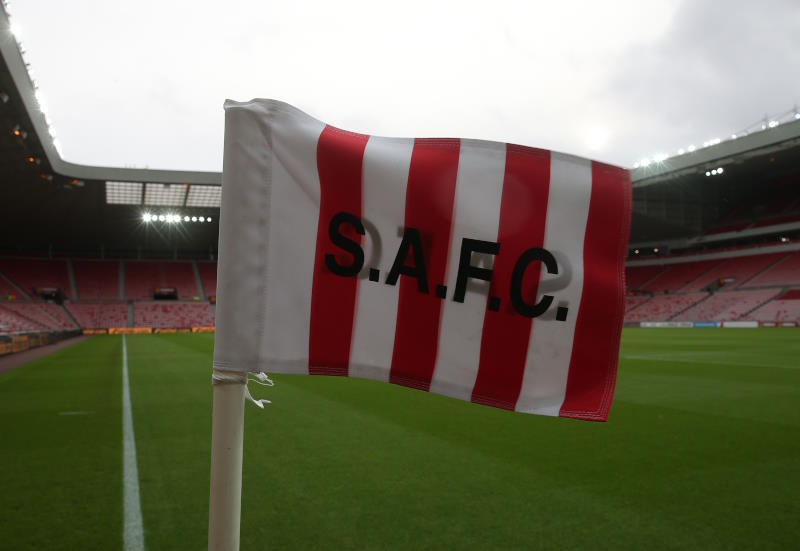
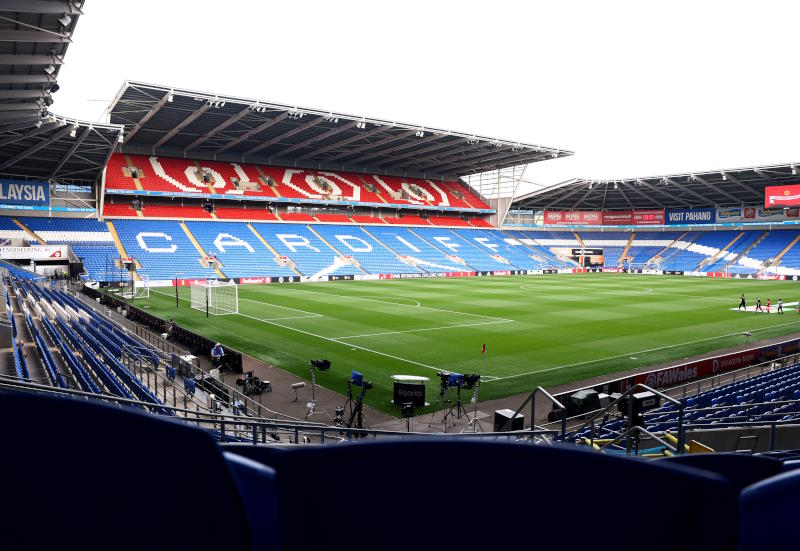
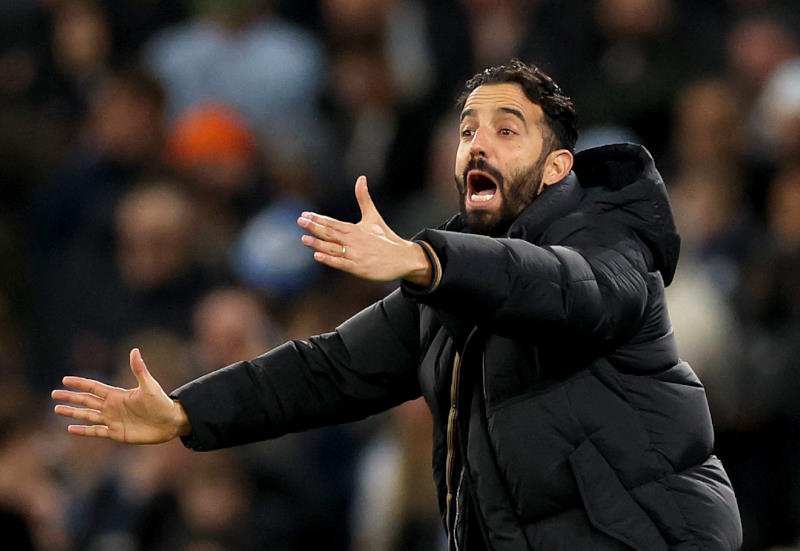
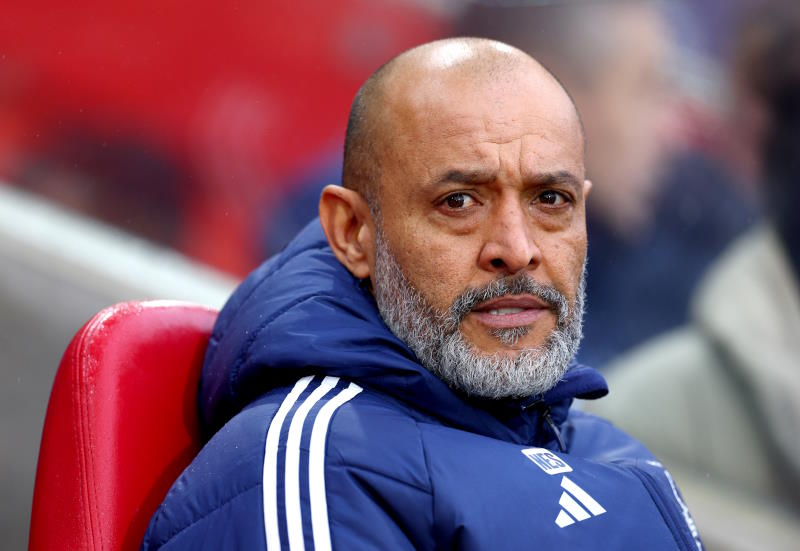
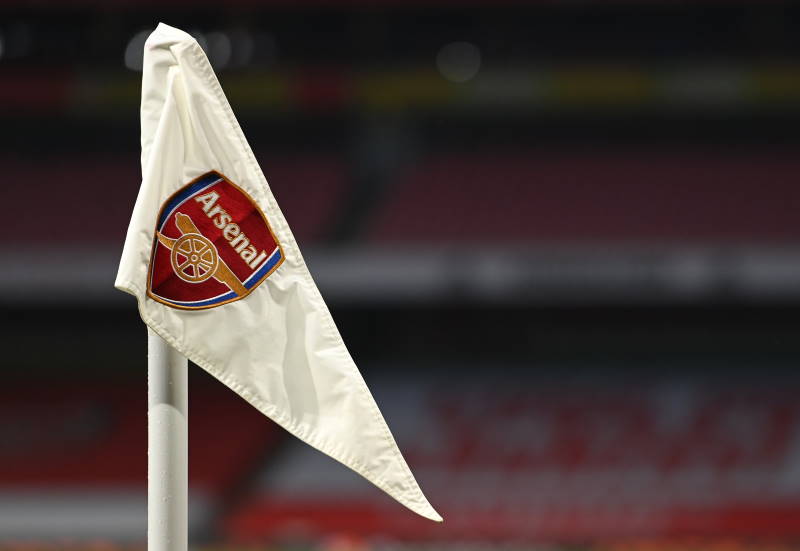
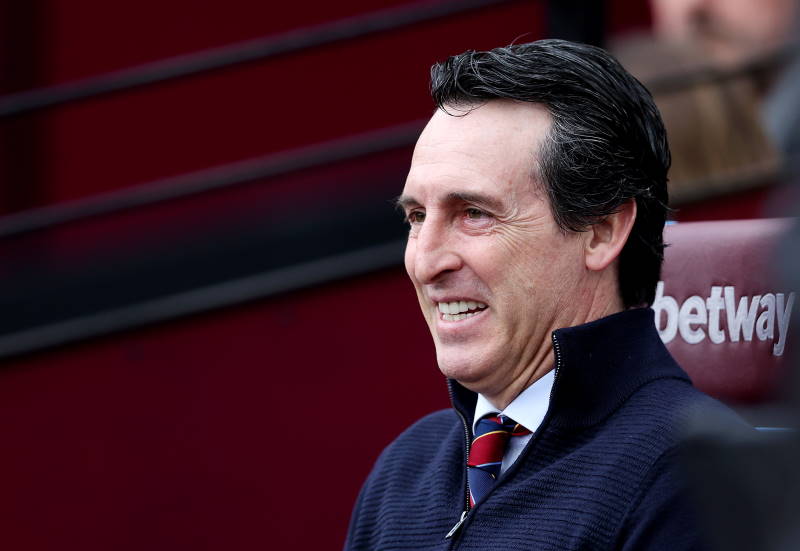
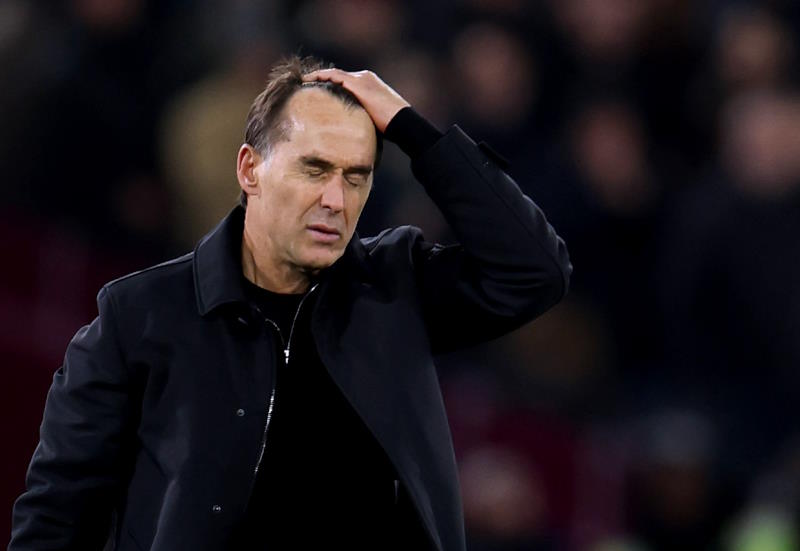
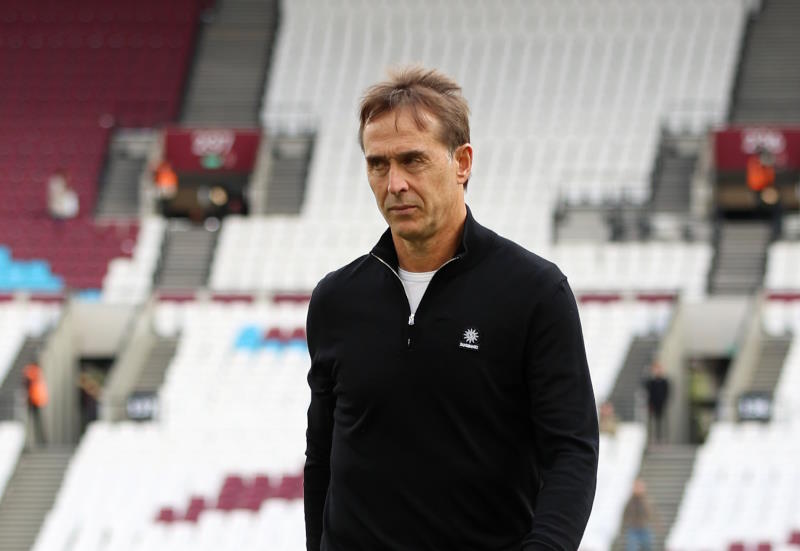
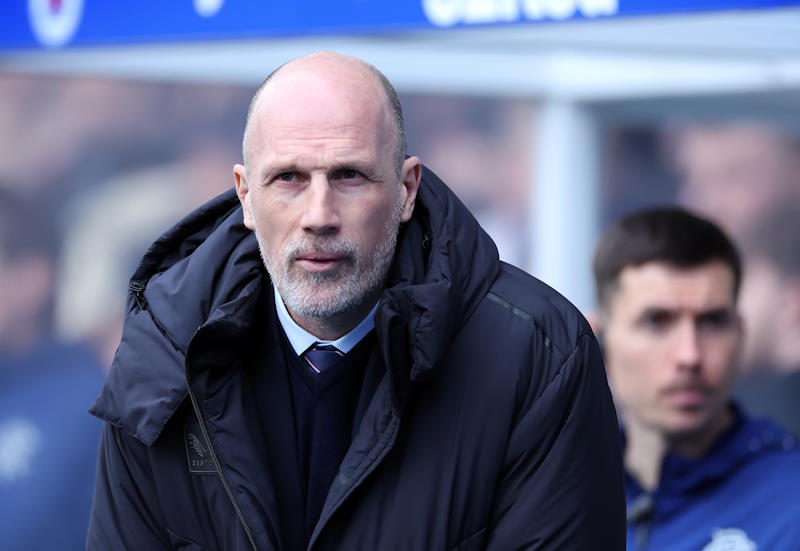
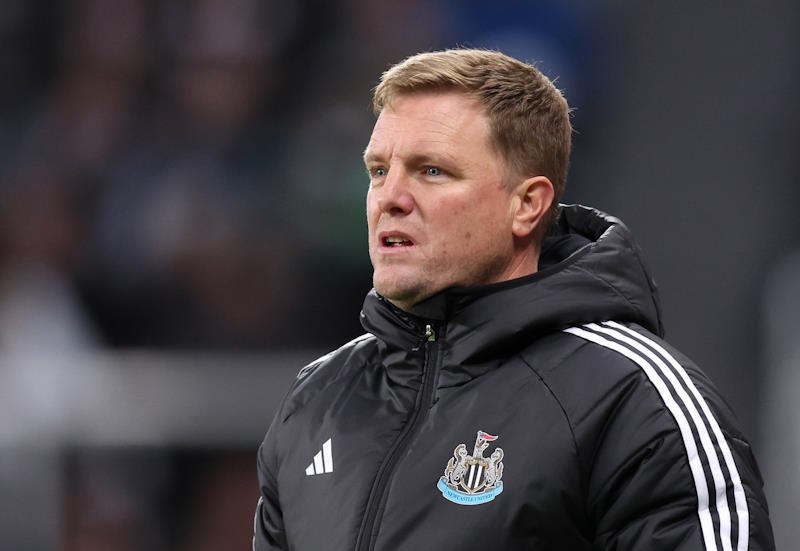

 Cameroon
Cameroon
 Mexico
Mexico